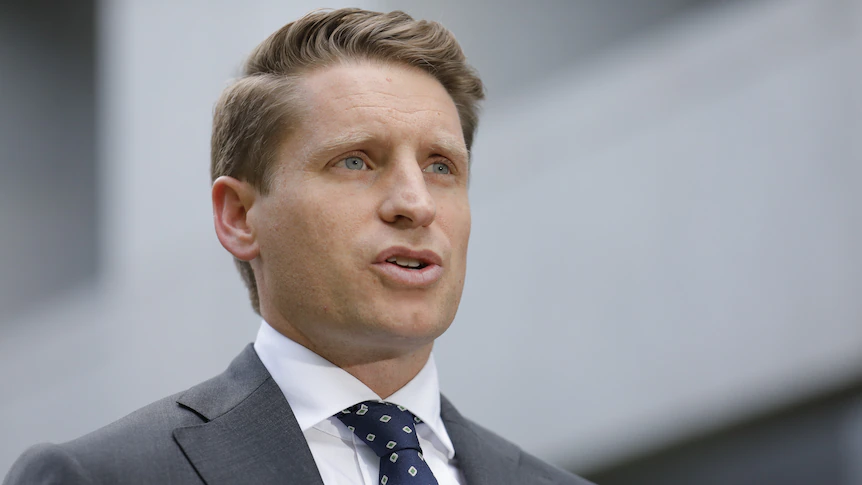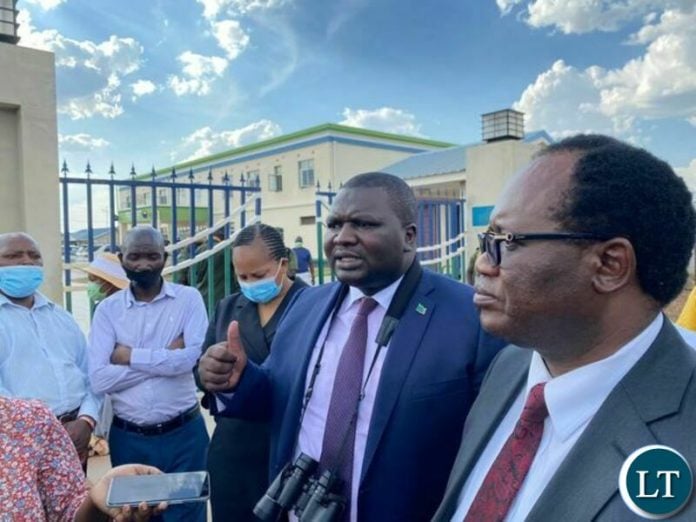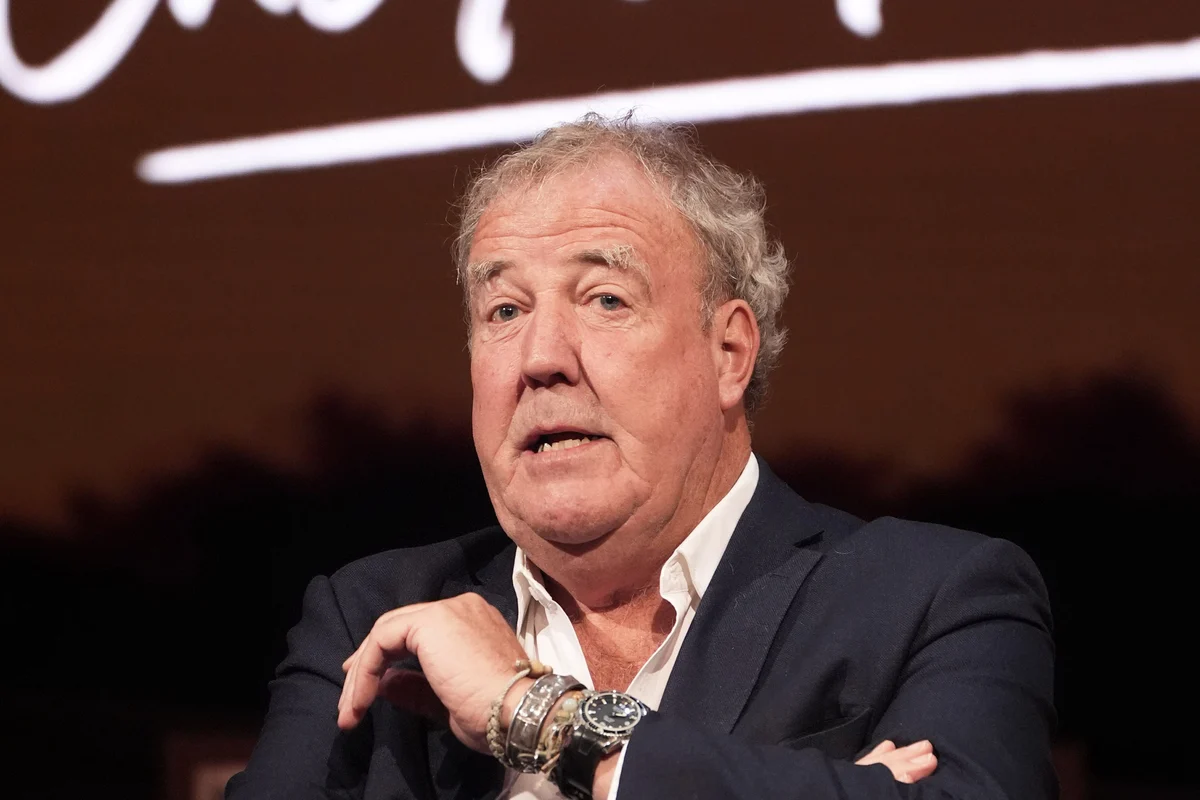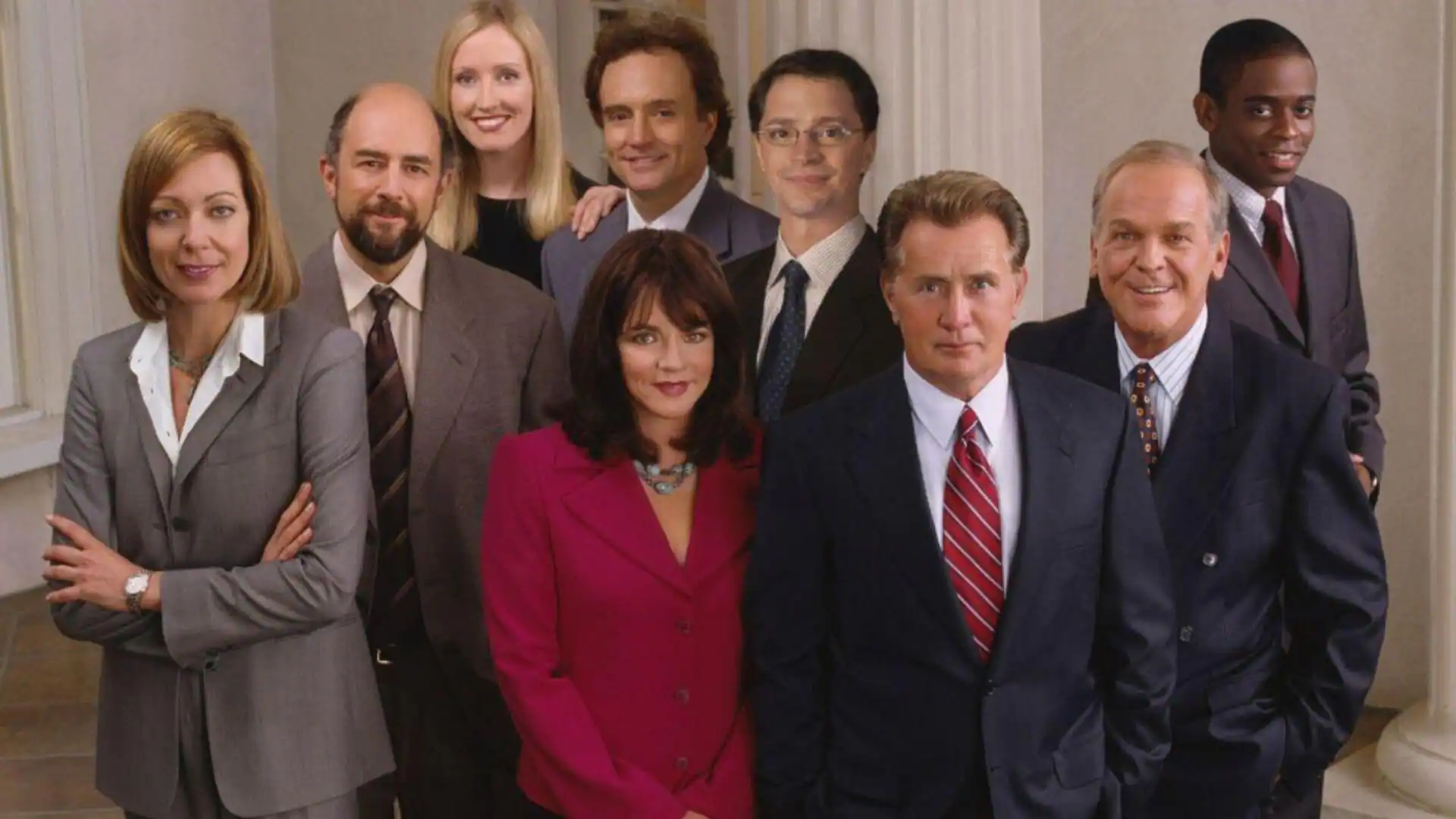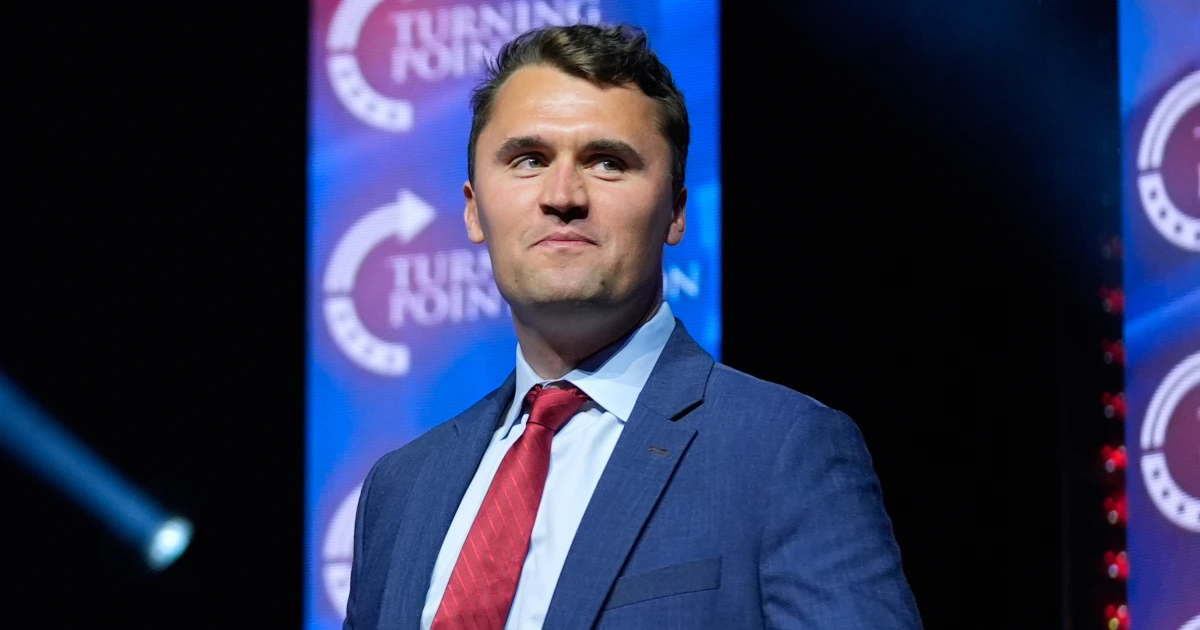
In the eyes of his admirers, Charlie Kirk rose because he was willing to challenge norms and broaden the scope of acceptable debate — especially on heated cultural issues.
To his critics, Kirk’s rhetoric on race, gender, sexuality and beyond was inflammatory, passed off as debate that was actually toxic and dangerous.
Either way, his willingness to engage on these issues was rocket fuel for his ascent over the course of 13 years — and by the end of his life, he was drawing massive crowds on college campuses for viral public debates in which friends and foes could argue with him on any number of contentious topics.
In some ways, allies and critics said, Kirk helped create the wave of the new media ecosystem. Willing to say things that could galvanize and offend, Kirk reached an audience of millions across established media channels like cable news and conservative talk radio, as well as through new platforms, including TikTok, YouTube, Twitter, Facebook. His outreach organization, Turning Point USA, grew in conjunction, giving Kirk both a considerable megaphone to detail his vision and an army of foot soldiers to execute on it.
“What made Charlie unique, what made him stand out from the pack, what made him so deeply impressive was that he was a five-tool player,” said Andy Surabian — a Republican operative close to Kirk, Donald Trump Jr. and Vice President JD Vance — using a baseball term for an athlete who excelled at every aspect of the sport.
The gap he’s leaving was perhaps best illustrated by the fact that none other than Vance filled in to host Kirk’s two-hour podcast Monday.
“He didn’t just teach people what to say,” Vance said Monday. “He didn’t just teach people that could actually speak their mind. … He created a whole social network for an entire generation of young people.
The future of Kirk’s organization is still to be determined — though his widow, Erika Kirk, and other Turning Point officials have vowed to continue his life’s mission and that of his group.
White House Chief of Staff Susie Wiles, speaking on the podcast with Vance Monday, suggested that there were very few people who would be able to replace Kirk.
“I think that the movement cannot be — or he cannot be replaced by any one person,” she said. “He’s got to be replaced by you [Vance], by Don Trump, by so many others … that are good communicators and can be taking as well as giving.”
Surabian said Kirk was not just a skilled political organizer and “an A-level communicator” — someone who could debate “every single policy issue you can ever imagine,” but a capable fundraiser who “knew how to speak to donors [and] raise money from some of the biggest donors in the country at an extremely young age.”
Mike Nellis, a Democratic strategist working with some potential 2028 contenders, said Kirk’s rise resulted from his understanding of “the value of spectacle and attention in a really savvy way,” adding that he now will “be a martyr to the right” and “to the people who believe in the things that Charlie Kirk espoused.”
“I fundamentally disagree with them, and will spend the rest of my life fighting people who pick up the torch, but somebody will pick up that torch,” Nellis said. “Whether or not they will be as effective as Charlie Kirk at doing this, I don’t know.”
Kirk was only recently out of high school when he founded Turning Point USA with conservative activist Bill Montgomery to grow conservative influence on college campuses. Initially a skeptic, Kirk ultimately rallied behind Trump in his first bid for the presidency in 2016 and soon built a close relationship with his eldest son, Donald Trump Jr.
Kirk’s rise in the party was accelerated at the onset of this decade by a handful of factors: President Joe Biden’s term, the fallout of the Covid pandemic, and a more expressly religious turn from Kirk himself.
After earlier arguing that politics should be advanced through a “secular worldview,” Kirk began to more closely embrace Christian nationalism, saying on a 2022 episode of his podcast that “there is no separation of church and state.” In 2021, he co-founded TPUSA Faith, a branch of his organization aimed at mobilizing conservative Christians, an effort that was animated by church closures early in the pandemic.
It was at this moment that Turning Point’s fundraising exploded and its mission expanded. Suddenly, the group that was aimed at activating conservatives on college campuses was getting involved in churches, building out more wide-ranging voter outreach efforts and hosting ever growing events.
Kirk’s podcast started to take off, too, which, according to the Turning Point website, is listened to, watched or streamed by more than 1 million people every day. (Millions more began following Kirk’s accounts after his death.) Last year, the senior vice president of Salem Media Group, Phil Boyce, called Kirk “the most profitable host in our network.”
“In my view, the turning point for him is Joe Biden,” Nellis said, adding: “I think Biden created an opening for Charlie Kirk to go, ‘Look at this system that’s producing this elderly man who they argued wasn’t mentally capable at a time,’ when this generation of young people are more isolated than any other generation in the history of mankind, both because of what happened during the Covid pandemic, but also because of what’s happening in society right now, with these algorithmic changes, with people not having third spaces to go to.”
As his influence grew, Kirk increasingly put himself at the center of increasingly divisive issues. He was a leading promoter of Trump’s false claim that the 2020 election was stolen and urged Arizona Republicans to send fake electors to Washington, D.C., where his organization separately bused in supporters to go to a rally that preceded the Jan. 6, 2021, Capitol riot. His group also created watch lists of professors and school board members in an effort to document and combat what it saw as anti-conservative discrimination and left-wing activism in education.
During a speech at a church in 2023, he said, “The one issue I think that is so against our senses, so against the natural law, and dare I say, a throbbing middle finger to God, is the transgender thing happening in America right now,” and said on his show last year that “every gender-affirming clinic doctor” should face a “Nuremberg-style trial.” In his final days, he highlighted a video showing a Black man in Charlotte brutally killing a Ukrainian immigrant on public transportation and argued that Black-on-white crime was being ignored or underplayed.
He has separately called the Rev. Martin Luther King Jr. an “awful” person who “said one good thing he actually didn’t believe.” He also said the U.S. “made a huge mistake when we passed the Civil Rights Act in the 1960s.” And when speaking about plans for an Islamic community in Texas, Kirk said: “America has freedom of religion, of course, but we should be frank — large dedicated Islamic areas are a threat to America.”
Jon Green, an local official in Iowa defied an order from the state’s Republican governor to fly flags on public buildings at half-staff, saying that while he condemns Kirk’s killing, he would not honor “a man who made it his life’s mission to denigrate so many of the constituents I have sworn to protect, and who did so much harm not only to the marginalized, but also to degrade the fabric of our body politic.”
Mehdi Hasan, the progressive commentator and founder of Zeteo News, described Kirk’s killing as “horrific” and “very sad.” He expressed a level of astonishment at a conservative effort aimed at “whitewashing” Kirk’s views following his assassination. His outlet published an extensive list of Kirk’s comments on Friday.
“This insistence that he did not say anything bad, that there is no reason to be mad about what he said or did, that’s a problem. That’s called gaslighting,” he said, adding, “I’ve noticed this new thing where, if you quote Charlie Kirk — we did a ‘Charlie Kirk in his own words’ — [there is] this new crazy level where quoting the man who died is apparently an attack on him.”
“If you look at all the obits, you look at Fox, I keep seeing images of him with Trump, him with his family, him on stage,” Hasan said. “I don’t hear any clips. I don’t hear him speaking. … Could it be because all of those clips contain him saying racist, misogynistic, Islamophobic, anti-semitic, anti-black reactionary views?”
Kirk’s importance within party politics grew too in recent years. In 2024, Kirk helped lead an effort to oust then-Republican National Committee Chairwoman Ronna McDaniel. He was an early proponent of JD Vance’s 2021 Senate bid in Ohio — even when others remained skeptical of the author’s anti-Trump past — and helped connect Vance with key MAGA insiders who would shepherd his ascent. Kirk also boosted Vance as his pick to be Trump’s running mate.
“He exemplified a foundational virtue of our Republic: the willingness to speak openly and debate ideas,” Vance said in a tweet. “Charlie had an uncanny ability to know when to push the envelope and when to be more conventional. I’ve seen people attack him for years for being wrong on this or that issue publicly, never realizing that privately he was working to broaden the scope of acceptable debate.”
Kirk was also on the front lines of what became a critical part of Trump’s strategy to take back the White House in 2024: outreach to young, male voters who were open to Trump but more removed from the political process.
“There is no question that Charlie’s work and his voice helped my father win the presidency, Trump Jr. said in a post on X. “He changed the direction of this nation.”
Surabian said Kirk was so widely known because he built up a presence before a number of different audiences, whether on cable news, conservative radio, X, Instagram or TikTok. He also recalled Kirk years ago seeing the potential to go beyond being a conservative student activist focused on college campuses.
“Charlie would have either been the next Rush Limbaugh, or he would probably be the Republican presidential nominee for president at some point,” Surabian said.
But there has been skepticism, including on the right, about the impact Kirk and his group had on GOP electoral success. Last year, Republicans who spoke with NBC News when Kirk was pushing for McDaniel’s ouster said his grassroots organizing efforts had little impact compared to those of other canvassing endeavors. And others took issue with viral comments from his podcast, such as when he said that because of diversity efforts, he was concerned that Black pilots were not qualified to fly airplanes.
Nellis pointed to Trump seeing some erosion of support in polling among younger voters, arguing that the inroads among Gen Z voters that Kirk contributed to are not permanent.
“Donald Trump’s in trouble with young voters because young voters are in a worse spot” economically, Nellis said, adding that Kirk’s impact on Trump’s victory last fall is being overstated in light of his assassination.
“It doesn’t mean that it isn’t real what he’s accomplished,” Nellis said, adding: “Did [Kirk] change the whole election? Or did Democrats do a series of really stupid things?”
Consternation came from those close to Trump too at times. In 2023, Kirk ruffled feathers by making what were seen as overtures to Florida Gov. Ron DeSantis as he was readying to challenge Trump for the nomination.
The relationship between Kirk and the inner workings of Trump world remained strong, however, even as he expressed concern in recent months about the Justice Department announcing it would not release additional documents pertaining to the late financier and convicted sex offender Jeffrey Epstein or after he cautioned Trump against taking military action in Iran.
Surabian, who came up in conservative politics at the same time as Kirk, said “he will always be remembered.”
“He is now a cultural hero to a large segment of this country,” Surabian said. “He is somebody that I think conservatives and people on the right will read about and watch for the next 100 years.”
